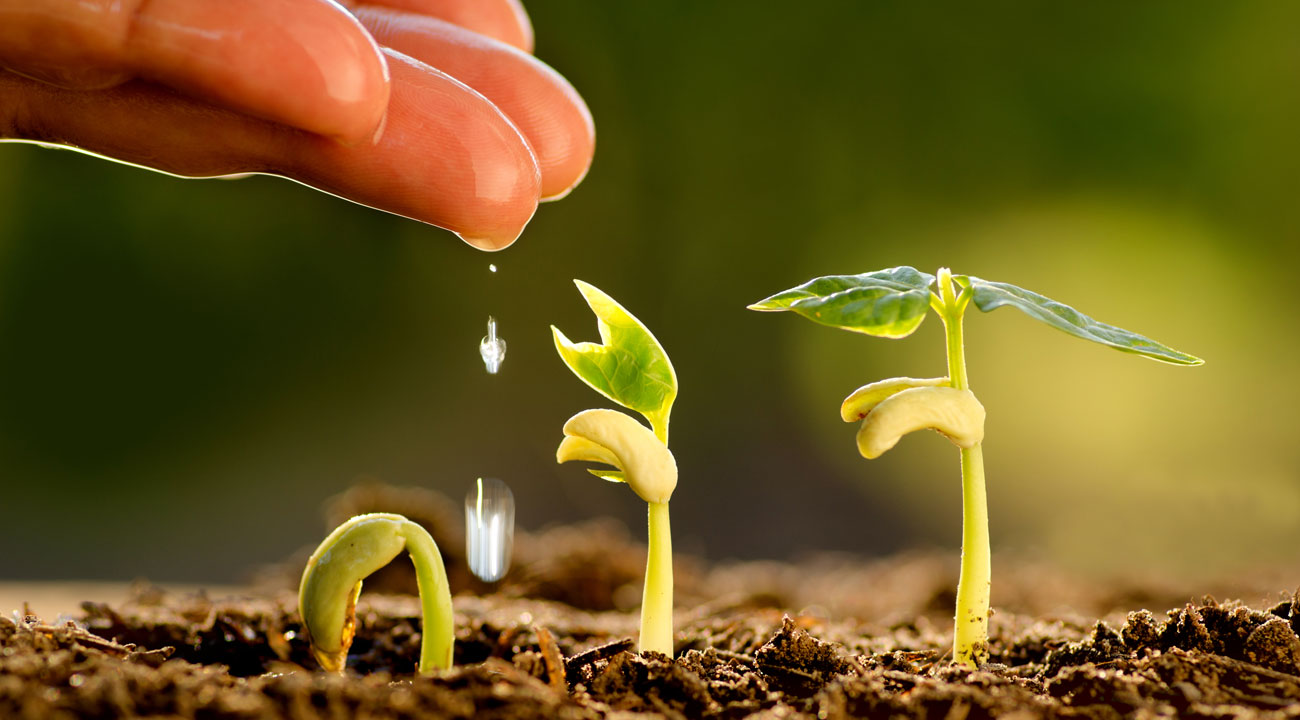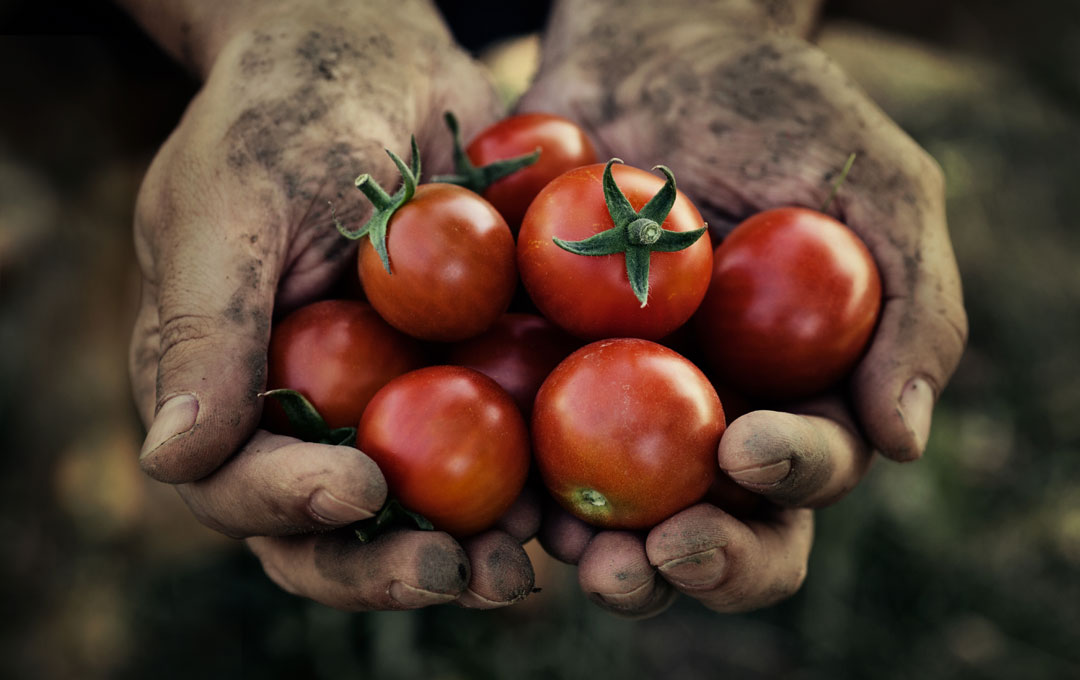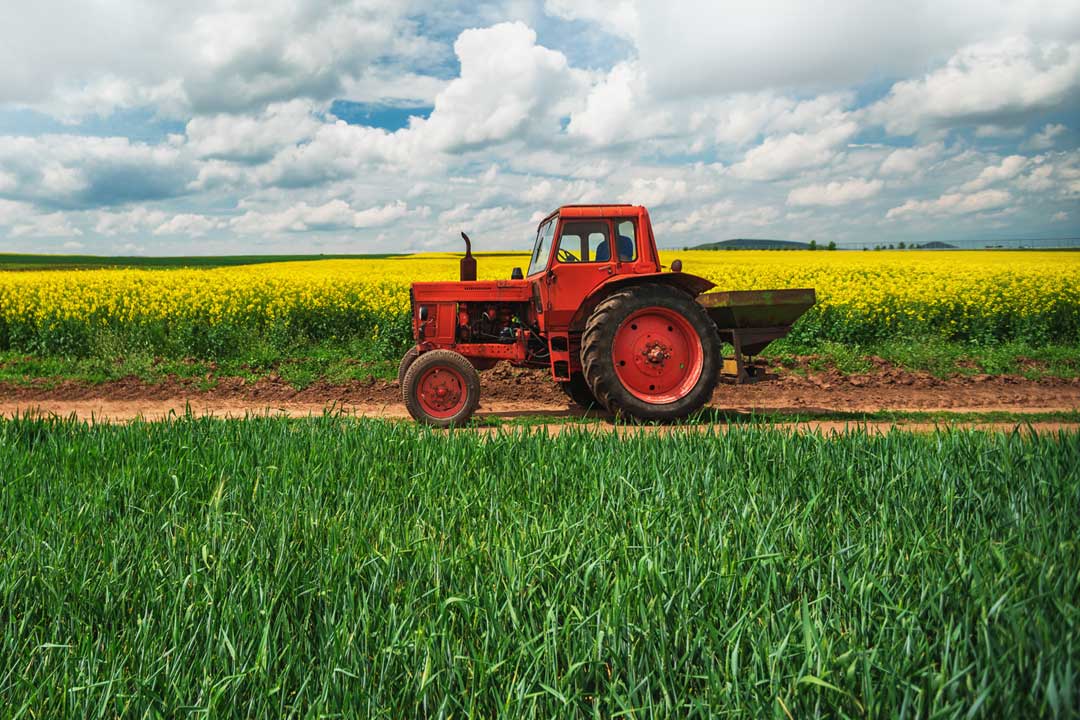




Boron in Agriculture
Boron is an essential micronutrient for growth and development of healthy plants. In small concentrations, boron compounds are used as micronutrients in fertilizers, in large concentrations they are used as herbicides, algaecides and other pesticides.

Boron’s Role in Plants
Boron is a crucial element for plants’ development, growth, crop yielding and seed development by helping the transfer of water and nutrition in plants.
Though plants’ boron requirement is very low in amount, their growth and crop yielding are severely affected when there is boron deficiency in the soil.
Boron Deficiency
Boron deficiency in crops may be suspected on the basis of symptoms and also can be understood by plant and soil analysis.
Symptoms differ among plant species and can often be confused with other nutrient deficiencies that cause distorted growth.
Boron deficiency is most likely to be seen firstly in the younger tissues.
Due to boron deficiency, abnormalities such as limited growth, spots on stems, less or no flowering, developing immature seeds, discoloured or abnormal leaves and stunted roots can be observed.


Correcting Defficiency
Depending on the soil type, climatic conditions, plant species and previous cropping; boron deficiency can be corrected by the application of boron containing fertilizers.
Boron may be applied to the soil as straight boron material, mixed with other fertilizers, dissolved in water and sprayed on the crop or the soil or fed into the irrigation water.
There are several boron products commonly used in agriculture both for soil and foliar applications. These products can be preferred in accordance with requested release speed of boron which may be required in accordance with soil and plant types.


